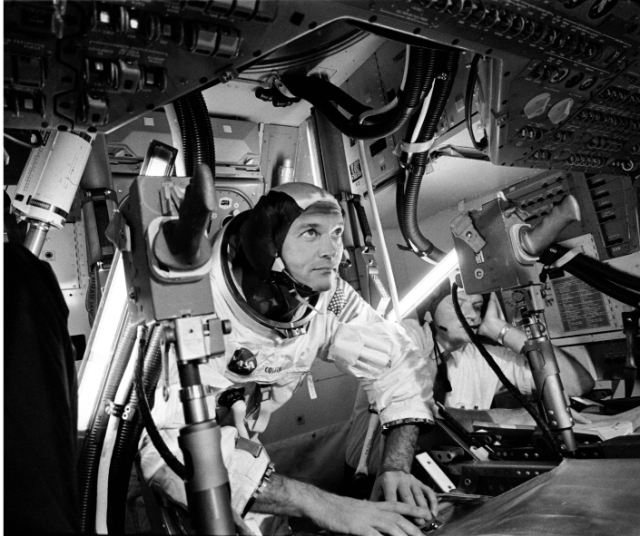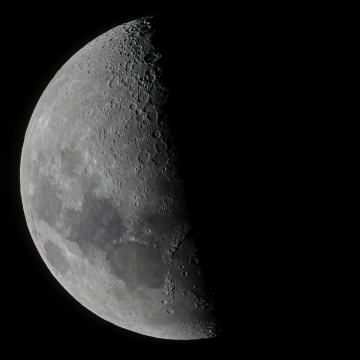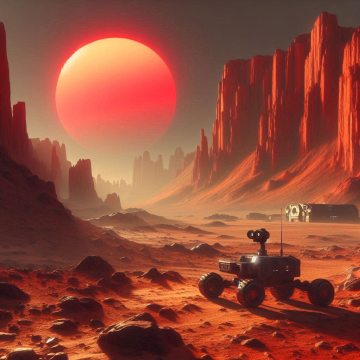More than half a century ago, humanity embarked on an unprecedented cosmic odyssey: Apollo 11. This historic space mission represented a monumental achievement for space exploration and left an indelible mark on human history. From its origins to the most intricate details of the mission, this extensive article will delve into the fascinating epic of Apollo 11, exploring the events that led to man's landing on the Moon, the challenges overcome, and the lasting impact of this feat on science, technology and human imagination.
The Historical Context: The Space Race and the Lunar Challenge.
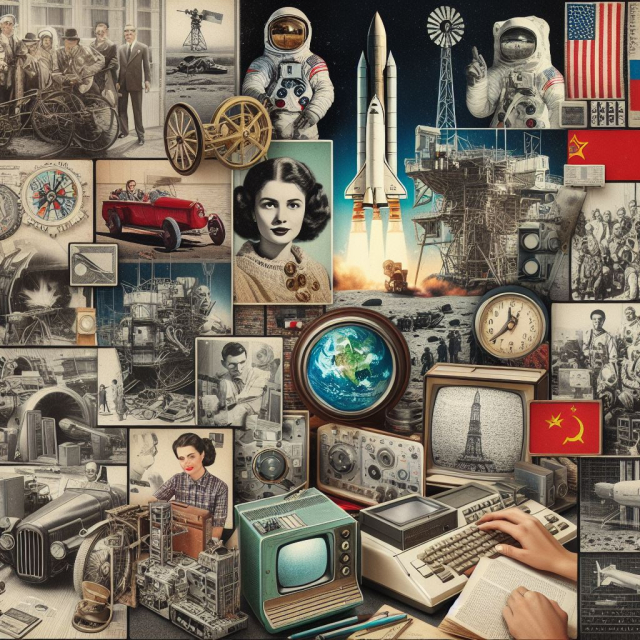
The Cold War and Space Competition: The Backdrop of Apollo 11.
In the context of the Cold War between the United States and the Soviet Union, the space race became a key arena for ideological and technological competition. The Soviet Union had marked the initial milestone with the launch of Sputnik 1 in 1957 and the first cosmonaut, Yuri Gagarin, in 1961. The United States, feeling challenged, responded with the bold commitment to land a man on the Moon before the end of the mission. decade.
Kennedy's Speech: The Lunar Challenge Delivered in 1961.
It was President John F. Kennedy who articulated this ambitious goal in a historic speech in 1961. "Before this decade is out, we should land a man on the Moon and return him safely to Earth," Kennedy proclaimed. This challenge resonated as a call to action, setting the course for the Apollo program.
Preparations and Technical Development: The Forge of Apollo 11.
The Apollo Program: Development of Rockets and Spacecraft.
The Apollo program was a series of space missions developed by NASA with the ultimate goal of taking man to the Moon. The technology needed to achieve this monumental feat involved the development of Saturn V rockets, lunar modules, and space capsules capable of transporting astronauts through deep space and eventually landing on the lunar surface.
Crew Preparation: Neil Armstrong, Buzz Aldrin and Michael Collins.
The Apollo 11 crew consisted of three notable astronauts: Neil Armstrong, mission commander; Buzz Aldrin, lunar module pilot; and Michael Collins, command module pilot. Each member played a crucial role in the success of the mission, facing physical and mental challenges in their preparation.
The Epic Journey: From Launch to Lunar Arrival.
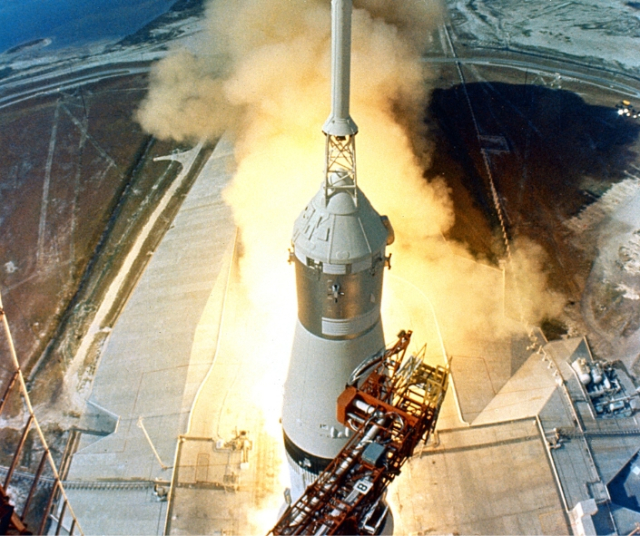
Launch and Journey to the Moon: The Beginning of the Adventure.
On July 16, 1969, Saturn V launched from the Kennedy Space Center in Florida, carrying the Apollo 11 crew into space. The journey to the Moon was a combination of technical precision and human endurance, with the crew navigating across vast distances in the blackness of space.
The Historic Moon Landing: "One Small Step for Man..."
On July 20, 1969, humanity reached an unparalleled milestone when the lunar module, known as "Eagle," landed on the lunar surface. Neil Armstrong, descending the ladder of the lunar module, uttered the famous words: "One small step for man, one giant leap for mankind." Buzz Aldrin joined him soon after, marking the first human walk on the Moon.
Challenges and Critical Moments: The Tension of Returning Home.
Technical Challenges: Overcoming Problems on the Moon and on Earth.
Despite the apparent success, the mission was not without challenges. During the lunar descent phase, the lunar module faced the threat of landing in a dangerous area and had to be controlled manually by Armstrong. Additionally, technical problems arose on the spacecraft during return to Earth, requiring ingenious solutions from the crew and mission control team.
Triumphant Return: The Celebration of a Historic Achievement.
Apollo 11 returned to Earth on July 24, 1969, landing in the Pacific Ocean. The crew was greeted as heroes, and the mission was hailed as an exceptional success that fulfilled the bold vision uttered by Kennedy.
Legacy of Apollo 11: Scientific and Cultural Impact.
Scientific Advances: Lasting Contributions to Space Exploration.
Apollo 11 not only marked a cultural milestone, but also left a lasting scientific legacy. Exploration of the Moon provided invaluable information about lunar geology, the formation of the solar system, and the evolution of the Earth.
Global Inspiration: The Change of Human Perception of Space.
The Apollo 11 mission changed humanity's perception of space. It inspired generations of scientists, engineers and explorers, showing that the limits of space were reachable. This spirit of exploration is reflected in subsequent space missions and international collaboration in the exploration of the cosmos.
Challenges and Criticisms: Reflections on Cost and Continued Relevance.
Economic Costs and Social Priorities: Debates Surrounding Space Exploration.
Despite its achievements, the Apollo program also faced criticism related to the high costs involved. Some argued that the resources could have been allocated to urgent social needs, raising questions about the priorities of space exploration in the context of terrestrial challenges.
Continuing Relevance: Space Exploration in the 21st Century.
Despite challenges and debates, the legacy of Apollo 11 persists in contemporary space exploration. International collaboration, the development of innovative technologies and generational inspiration continue to be fundamental pillars of space exploration.
Future Reflections: Beyond the Moon and Into the Universe.
Future Projects: Mars and Beyond.
Future space missions have focused on ambitious goals, such as exploring Mars and searching for life on other planets. Current space projects seek to expand the scope of human exploration beyond the Moon, looking toward the vast universe that stretches before us.
Continuous Inspiration: The Transcendence of the Explorer Spirit.
Apollo 11 remains a beacon of inspiration, reminding us of the power of the human spirit to explore the unknown. As we move into the future, we carry with us the lesson of Apollo 11 that, even in the most challenging moments, exploration and the pursuit of knowledge can lead us to extraordinary achievements.
Apollo 11 stands as a monument to human audacity and the ability to overcome seemingly insurmountable challenges. From its inception in the Cold War era to its lasting legacy in the 21st century, this space mission has left an indelible mark on the history of space exploration and the imagination of humanity. The Apollo 11 odyssey transcends the mere act of reaching the Moon; It symbolizes the human ability to dream big, to reach for the stars and to make what once seemed impossible a reality.
